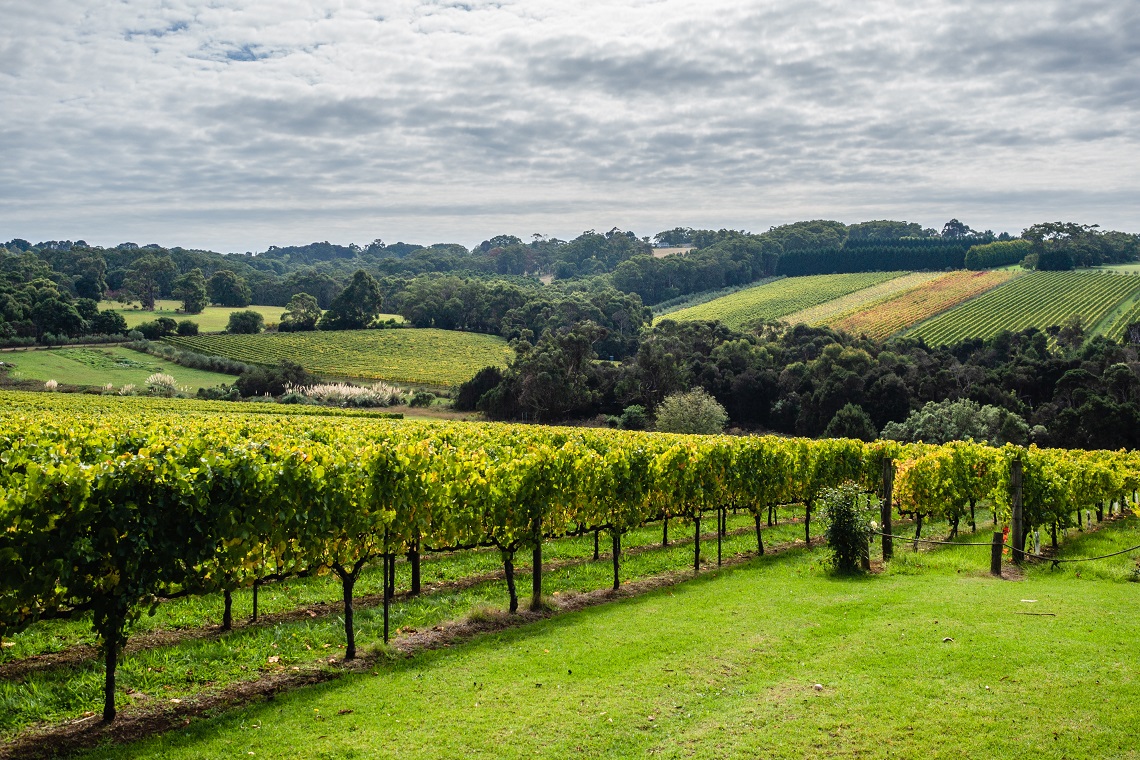Wine Intelligence has released a new report which has highlighted a change in consumer habits which is driving awareness in sustainable, organic and lower alcohol wines (SOLA), which is creating new opportunities in many markets around the world, including Australia.
The Global SOLA: Opportunities in Sustainable, Organic and Lower Alcohol Wine 2019 report, takes a multi-market, multi-category, in-depth view of the alternative wine sector and the opportunities within it.
Wine Intelligence has developed an ‘Opportunity Index,’ which crosses 15 global wine markets to determine where SOLA wines have the greatest chance of success and which of the individual product types within the group might work best.
Wine Intelligence said: “According to the report, awareness of SOLA wines is growing in all but one of the 13 categories tracked. With the rise of ethical consumerism from niche to mainstream, consumers are now increasingly paying attention to the impact of their purchasing habits on their own health, and that of the environment generally.
“This global health and wellness trend appears to be the primary driver for increasing awareness of SOLA wines. Wine consumers are increasingly looking for certification of ethical practices, and this is becoming increasingly found on wine labels.”
In detailing the changing consumer trends and how they are impacting the wine category, the report said: “In the past years, ethical consumerism has moved from niche to mainstream. Consumers, especially young consumers, are increasingly paying attention to the impact of their behaviour on the environment and globally, we can see a change in mindset when it comes to ethical products and services.
“This requires companies to act more ethically responsible and more transparent, which naturally also applies to the wine industry. Certification for ethical practices is not only available for all sorts of products, but also increasingly found on wine labels.
“Wine drinkers are looking for alternative wines, extending their sense of responsibility to their wine drinking choices. Younger wine drinkers are a key, growing demographic that present the most opportunity for alternative wines due to their open-minded attitudes and willingness to invest time, education and money into their health.
“Young wine drinkers are not only more likely to purchase alternative wines such as organic, Fairtrade or sustainable wines compared with older drinkers, but are also more willing in general to pay a premium for wine in the off- and on-trade.”
Organic wine ranks as the first in the global SOLA wine opportunity index for the second year in a row, and first in terms of opportunity amongst trade members representing 52 markets. The main opportunities for organic wines derive from the rise in ethical engagement from both consumers and industry professionals, particularly in Finland and Sweden, despite consumers’ weariness of the definition of the term organic.
Wine Intelligence COO Richard Halstead said: “As a highly visible and valued agricultural product, wine is on the frontline of trends relating to health, wellbeing, and the environment generally. This report supports the widespread belief within the wine industry that the 21st century consumer is going to require a lot more genuine progress in terms of developing sustainable and environmentally sound wine production techniques, delivering a product that aligns with their need to live a healthier and more balanced life.”
TheShout will have more information on the SOLA wine opportunities within Australia next week.

